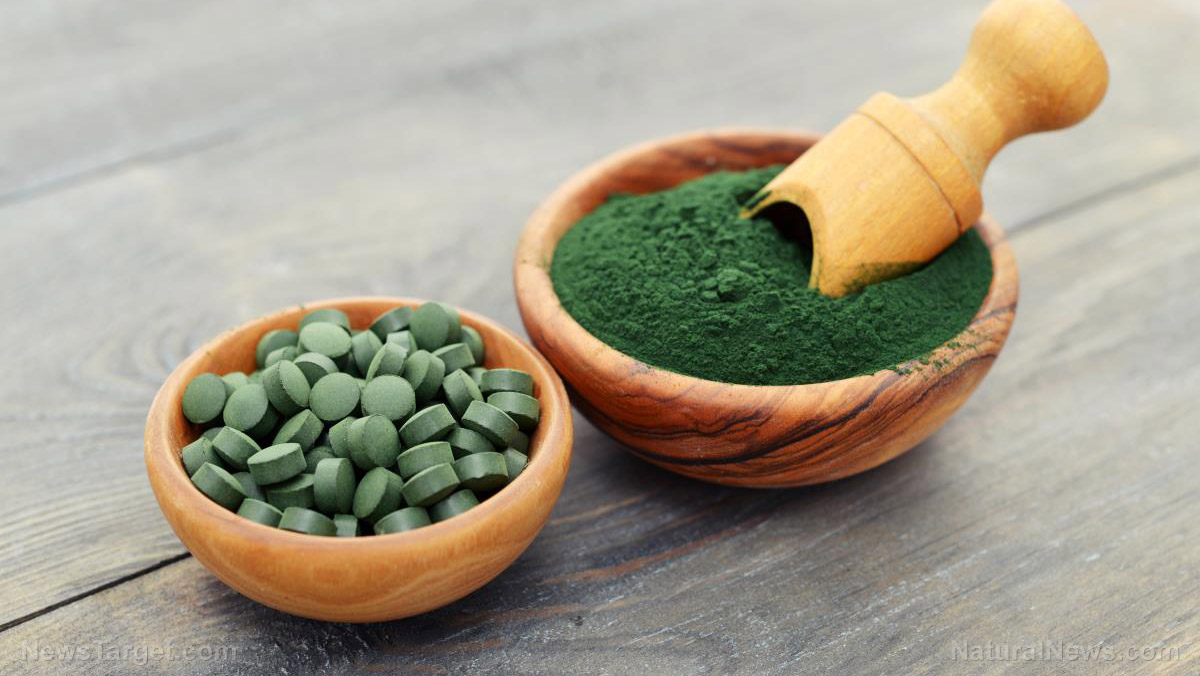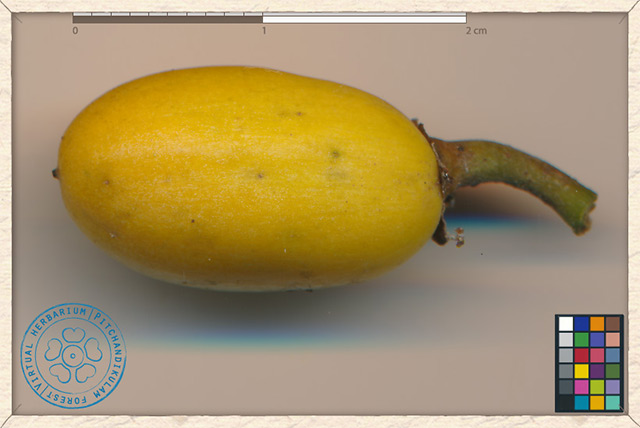A low-salt diet may be more beneficial for lowering blood pressure in females than males, scientists find
05/13/2019 / By Edsel Cook

Members of the fair sex will get more health benefits from a diet with low levels of salt, stated a recently published report. This is because females have greater concentrations of a natural hormone that can raise blood pressure levels.
The discovery implies that females will enjoy bigger improvements from treatments aimed at blocking aldosterone, a hormone that causes blood vessels to constrict. Diets with lots of salt can increase the levels of this hormone.
Conducted by researchers from Augusta University, the study involved putting mice on a high-salt diet. After one week on this diet, the blood pressure of female mice went up while their ability to relax their blood vessels diminished.
The researchers also treated the mice with eplerenone, an antagonist of aldosterone. The treatment improved the blood pressure of the animals and restored the ability of their blood vessels to relax. (Related: Restaurant meals for kids found to be shockingly high in fat, sugar and salt while low in nutrition.)
Higher aldosterone levels in females mean they are more sensitive to salt
At the beginning of the study, the blood pressures of male and female mice were similar. However, the females had higher levels of aldosterone than males, which is normal for the sexes.
“We thought that if the female mice have more aldosterone than the males, they should be more salt-sensitive,” said Dr. Eric Belin de Chantemele, coauthor of the study. “That is what really pushed us to do this study.”
One of the jobs of aldosterone is to regulate the amount of fluid and sodium that the kidneys retain during filtration. Whenever a person eats lots of salty foods, his or her body responds by lowering aldosterone levels. This ensures that the body won’t retain too much salt, and his or her blood pressure doesn’t go up.
The power of the elements: Discover Colloidal Silver Mouthwash with quality, natural ingredients like Sangre de Drago sap, black walnut hulls, menthol crystals and more. Zero artificial sweeteners, colors or alcohol. Learn more at the Health Ranger Store and help support this news site.
The relationship between aldosterone and salt holds true in male mice. When male animals are placed on a salty diet, their hormone levels go down in order to prevent their blood pressure from increasing.
However, female mice have naturally higher levels of aldosterone. So even if their body reduced the amounts of the hormone present, they still have plenty of aldosterone, which keeps their blood pressure up by preventing their blood vessels from relaxing.
Kidney-based blood pressure therapies do not work well on females
People with salt-sensitivity experience these problems due to one of two theories. The first is that the kidney keeps more salt. The second is that the blood vessels are not relaxing properly. The results of the study suggest that latter theory was in effect as both male and female mice excreted more sodium than they consumed. This indicated that their kidneys were functioning properly.
When the researchers used eplerenone, a diuretic that blocks the receptor for aldosterone, they observed that it allowed the endothelium to relax so that blood could pass through the blood vessels more easily. Furthermore, it reduced systolic blood pressure, diastolic blood pressure, and mean arterial pressure in the animals.
Administering eplerenone to males did not produce similar effects. Neither did the treatment change the function of the endothelium.
The researchers concluded that the aldosterone system is a potential target for the treatment of females with salt-sensitive hypertension, obesity, and other pathological conditions. Traditional therapies target the kidneys, and while these treatments work well on males, they are not as effective in treating the more salt-sensitive females.
Sources include:
Tagged Under: aldosterone, alternative medicine, blood vessel constriction, cardiovascular health, disease treatments, endothelium, eplerenone, high blood pressure, high salt diet, hormone levels, hypertension, kidneys, low-salt diet, men's health, natural cures, natural medicine, prevention, research, salt sensitivity, sodium, women's health



















